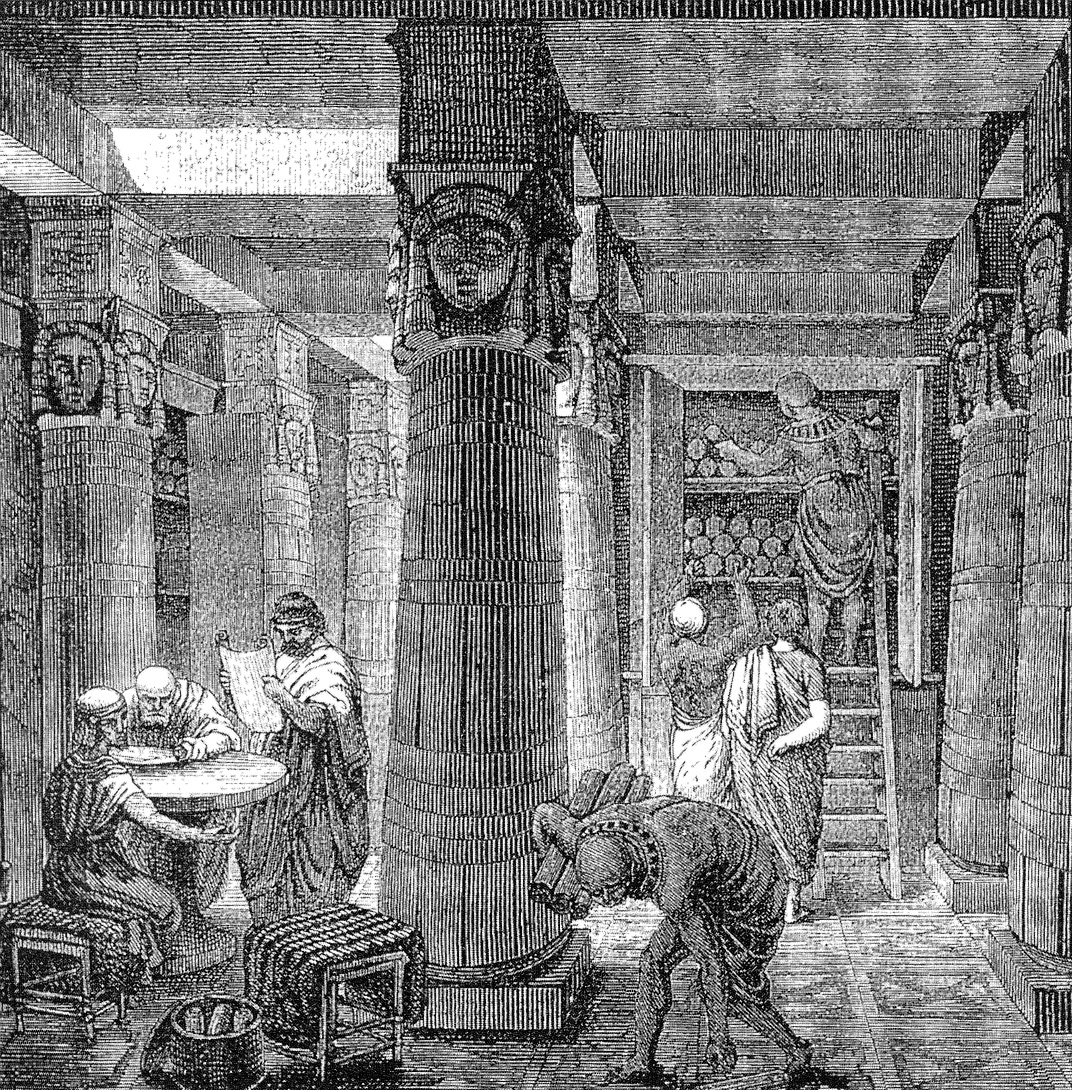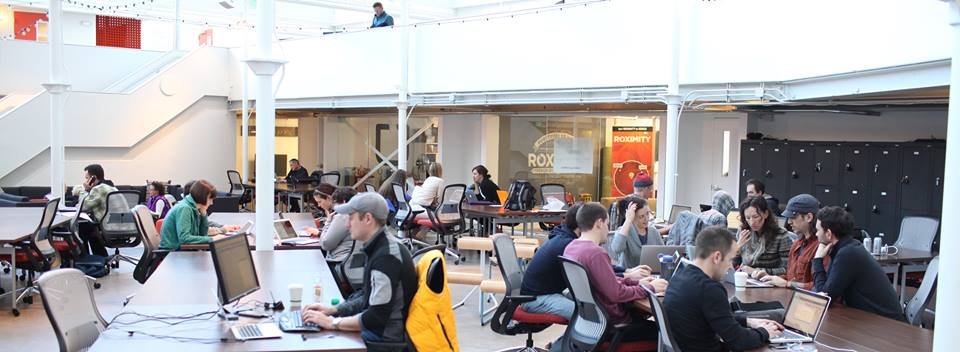Coworking, maps and learning
Throughout history, man has been interested in mapping everything that surrounds him, whether the lands are well known, recently discovered or imaginary. As a tool, maps have always been essential to help us locate ourselves in the world, but they also influence how we perceive it. For example, to represent earth, which is a geoid, cartographers use a projection system to move the geometry of a sphere to a two-dimensional plane. But, as well as representing the contours, surfaces and angles, they have to decide what other information is relevant and should appear on the map. In one way or another, this conditions the way that we perceive things and learn.
And then came the grandest idea of all! We actually made a map of the country, on the scale of a mile to the mile!"
"Have you used it much?" I enquired.
"It has never been spread out, yet," said Mein Herr: "the farmers objected: they said it would cover the whole country, and shut out the sunlight! So we now use the country itself, as its own map, and I assure you it does nearly as well. (Lewis Carroll, Sylvie and Bruno Concluded (1893))
In a recent video posted on TED, John Green uses maps and the story of Agloe (New York) as a metaphor to illustrate his path to learning. When he comments that "what we map changes the life we lead", Greens is talking about "communities of learners" that share this curiosity and motivation for mapping the world. As a teenager, he found this type of community at Indian Spring school, a small boarding school, and now as an adult he still has the urge to immerse himself into learning via virtual communities, such as those found on YouTube, as they allow him to learn about subjects that interest him, no matter his age or location.
Now there's no need to answer the question "where to go?", but "where are you?" Because we could be in the library, the laboratory, even at school, reading books and examining world maps, bound to science sources through a virtual space; the feeling of being sat there may even predominate that of sitting in a chair at home. Will these channels be enough? Will they substitute a live presence of the master, the beloved incarnation of knowing? (Michel Serres, Atlas)
The digital revolution that took place during the last quarter of the 20th century and the start of the 21st century dramatically increased our access to knowledge. As Serres's text states, it is even more important for us to create our own maps in the ocean of information that is the Internet. This helps us keep discovering and mapping "new worlds" rather than trying to understand the destination we are going towards. Virtual platforms such as Coursera or edX offer access to university courses and specialisms from all over the world, right from your armchair. You can find active "communities of learners" in these courses, as Green mentioned.

Alexandria Library. Image Source: Wikipedia
This type of "communities of learners" can also be found in coworking spaces, which host specialist events for groups of professionals, like developers, web designers, graphic designers, bloggers, entrepreneurs, etc. Coworking spaces also tend to offer workshops on different subject matters too. What's more, knowledge is shared and collaborations are forged between members on a daily basis, meaning that coworking spaces really are potential learning hubs, where "communities of learners" can grow.
In recent years, hybrid models have been evolving, which combine educational programmes with the coworking model. On one hand, they offer complete immersive and specialised programmes, sometimes creating partnerships with universities. On the other hand, they provide an ecosystem of companies within the community that offer graduates from those courses the opportunity to work. This model allows students to have a more hands-on approach to the subjects that they are learning. An example of such is the network of spaces, Galvanize, which has six campuses in the United States.

What do you think? Will coworking spaces play an important role in training future professionals?
Related posts
-
Global Coworking Trends and Opportunities for 2025
Now well into 2025, the coworking industry continues to demonstrate strong momentum. With demand for coworking spaces remaining steady around the globe, it's clear that coworking is not just enduring—it's thriving. Let’s explore the major trends and opportunities shaping the global coworking landscape this year.
-
Creating Events that Drive Community Engagement in Coworking Spaces
Community is everything in coworking, but a genuine sense of connection between members doesn’t magically happen overnight or by chance. Often, meaningful relationships take intentionality, effort, and time to build, with events being an effective vehicle for bringing people together around shared interests, goals, and experiences, creating opportunities for collaboration, and a thriving coworking culture. This article looks at creating events that drive community engagement in coworking spaces.
-
Liz Elam: ‘Community is the number one amenity in coworking spaces’
A household name in the global coworking industry, Liz Elam, is the founder of one of the world’s best coworking event series: GCUC. Liz’s coworking roots began in 2010, when she established Link Coworking – a welcoming, affordable, and professional coworking space – in her hometown of Austin, Texas. Link Coworking achieved incredible success, expanding across three locations and becoming the fourth-largest coworking brand in Austin. It was sold in 2019, making Liz the first woman globally to exit a coworking brand.
-
Is Hot Desking Right for Your Business? Pros & Cons of Flexible Workspaces
Hot desking has become one of the go-to solutions for businesses seeking flexibility and cost efficiency. It supports hybrid working models, boosts collaboration and reduces office overheads. But hot desking isn’t right for everyone.
-
Key Takeaways from the Coworking Alliance Summit 2025
Gathering online for the Coworking Alliance Summit last week, members of global coworking alliances, coworking spaces, and community leaders came together to navigate global issues, strengthen ties across the coworking industry, and work collectively towards future goals.
-
5 Ways to Reduce Noise in Open Offices & Coworking Spaces
Some people like working against a background of noise, while for others it’s their worst work nightmare. The truth is, our relationship with noise depends on our own preferences and the nature of our work.